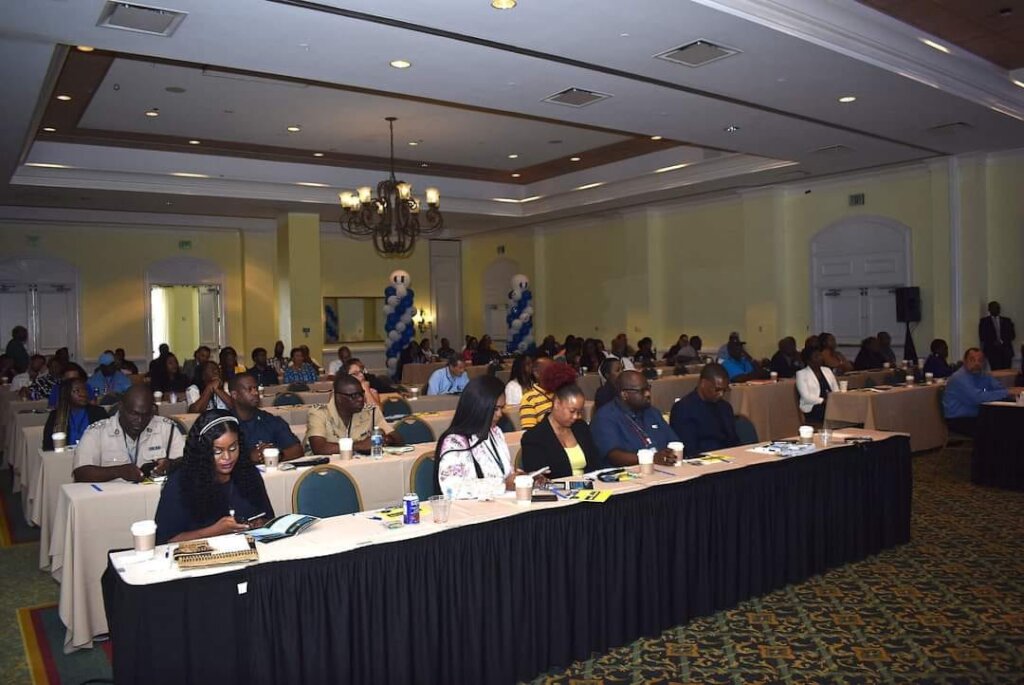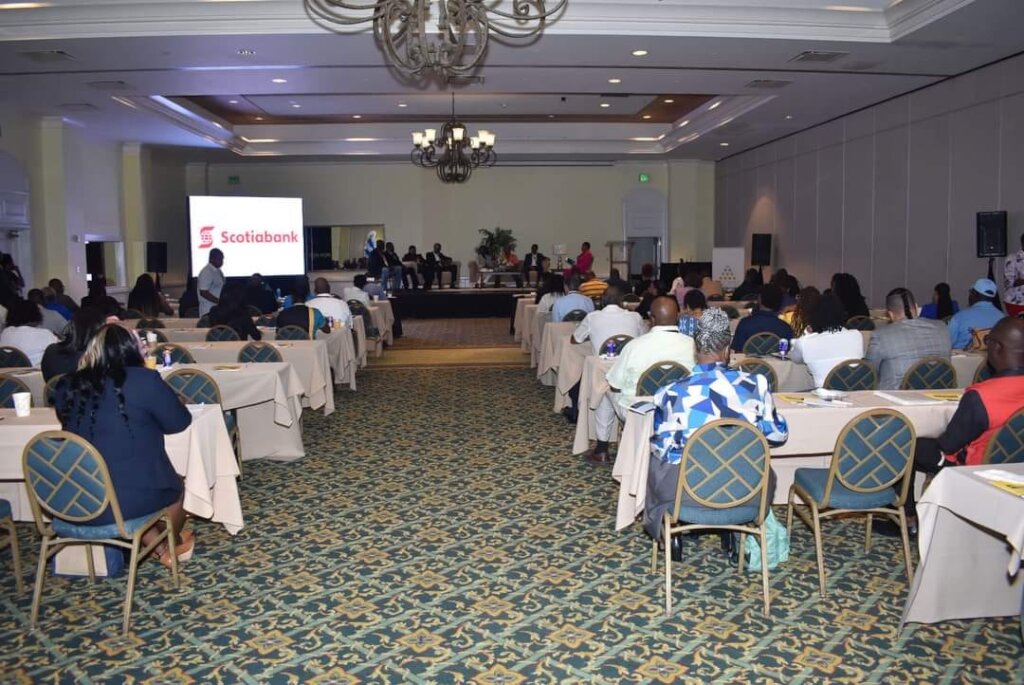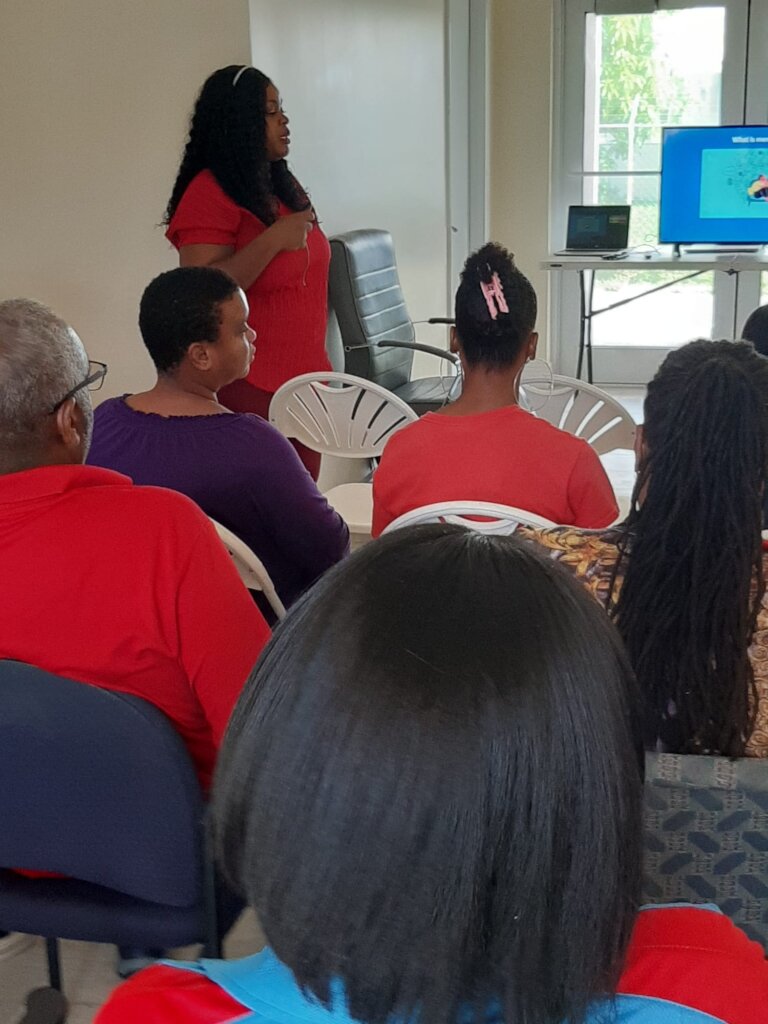By Felisha Mcbride | Executive Director
Introduction
The Bahamas Resilience Center's Disaster Capacity Building Project aims to strengthen psychological resilience to climate challenges. Our approach involves training mental health professionals, conducting awareness programs, and hosting workshops. We prioritize community support through in-center programs and collaborations, ensuring trained counselors address trauma from climate events and provide essential mental health services. Additionally, we focus on reducing stigma and highlighting the link between climate and well-being.
Events and Highlights
Regular Counseling Sessions
Our dedicated staff continues to tackle our growing caseload with regular counseling sessions, ensuring continuous support for individuals and families affected by climate-related stressors and other crises.
Disaster Response Team Seminar
June 29th, 2024
Mrs. McBride joined forces with the Bahamas Red Cross as a volunteer for their Disaster Response Team Seminar. She conducted essential training on Psychosocial Support, an evidence-based intervention involving comprehensive strategies aimed at addressing and mitigating the psychological and social impacts of disasters and crises on individuals and communities. Such training is a crucial step towards capacity building and enhancing our disaster response capabilities.
Employee Care in Disaster Management Panel
The Grand Bahama Resilience Center partnered with the GB Chamber of Commerce and various organizations for an Employee Care in Disaster Management panel. Mrs. McBride emphasized the importance of mental health in managing disaster impacts on employees. Disasters, whether natural or man-made, can significantly affect our lives and workplaces. Effective disaster readiness plans must consider the most valuable assets: people.
Mental Health and Self-Care Talk with Department of Statistics Staff
Dr. Laing conducted an insightful mental health and self-care talk with the staff of the Department of Statistics at their recent staff retreat at Viva Wyndham Club Fortuna. This session provided valuable information on maintaining mental well-being and the importance of self-care practices in everyday life.
ZNS Interviews
Two separate interviews were conducted with ZNS News. Jasmine Nabb spoke on the critical issue of sexual abuse, highlighting the increased risk during the summer months and post-disaster periods. Dr. Laing addressed the surge in suicide attempts, emphasizing the urgency of recognizing and supporting those facing silent struggles. Please see the links attached.
Emergency Follow-Up Sessions
We provided emergency follow-up sessions at Bishop Michael Eldon School following a lightning strike incident and at GB Power after a staff member was electrocuted. Additionally, we continue to receive domestic violence referrals from the Royal Bahamas Police Force, offering immediate and ongoing support to those in need.
Conclusion
As we reflect on our activities and achievements this quarter, we remain committed to fostering resilience and providing crucial mental health support within our community. Our efforts, combined with the unwavering support of our partners, donors, and volunteers, help us build a stronger, more resilient future for all.
Thank you for being a part of our journey and for your continued support.
Links:
Project reports on GlobalGiving are posted directly to globalgiving.org by Project Leaders as they are completed, generally every 3-4 months. To protect the integrity of these documents, GlobalGiving does not alter them; therefore you may find some language or formatting issues.
If you donate to this project or have donated to this project, you can receive an email when this project posts a report. You can also subscribe for reports without donating.
Support this important cause by creating a personalized fundraising page.
Start a Fundraiser


